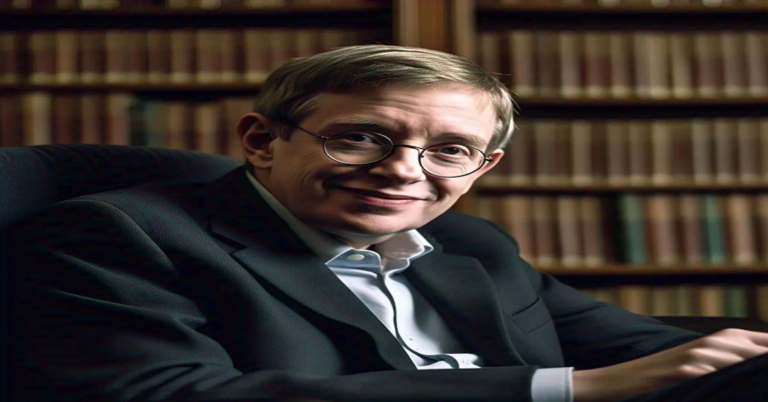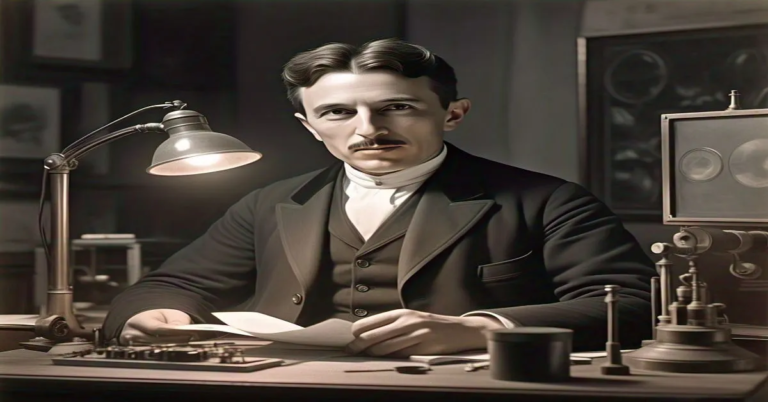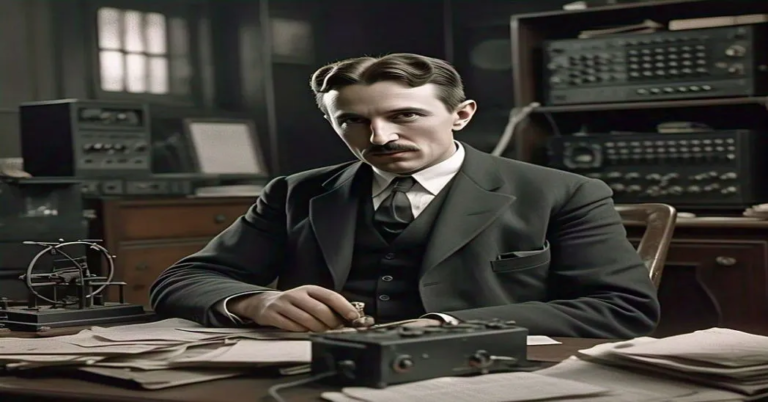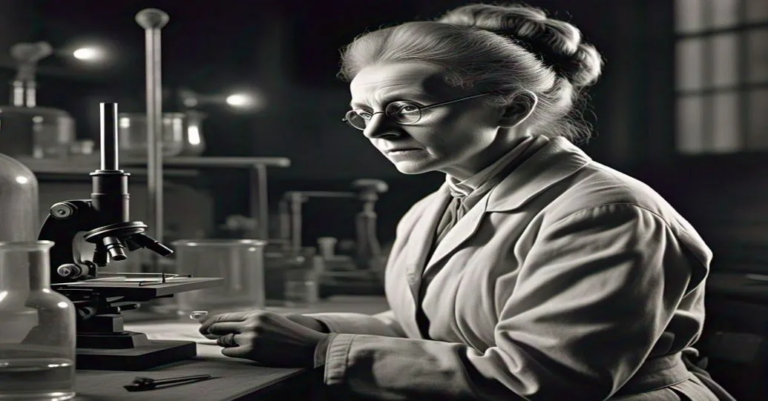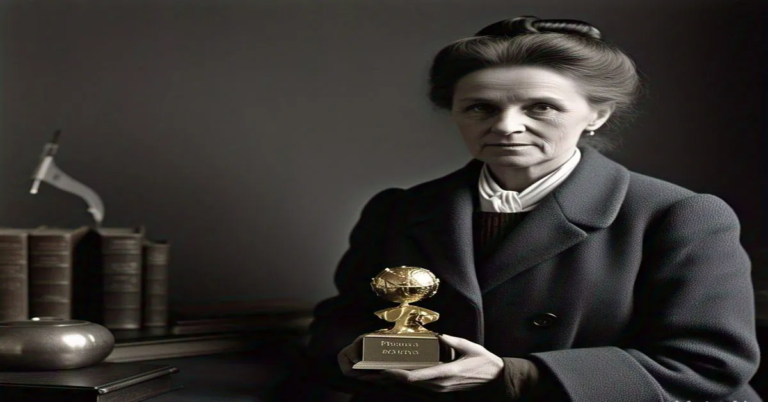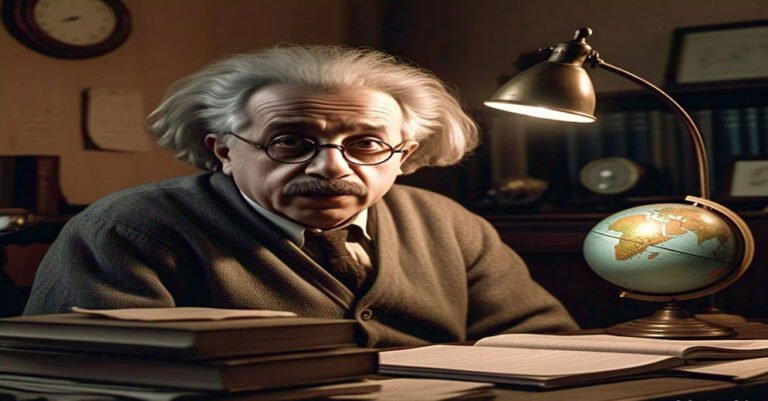Autobiography of Srinivasa Ramanujan
/0 Comments/in Biographies & Life Stories, Scientists & Innovators/by rathodkethan1@gmail.comSrinivasa Ramanujan: The Genius Mathematician

Srinivas Ramanujan early life
Srinivasa Ramanujan, a great mathematician who raised India’s fame to the heights of world mathematics. Greatly he has immense intelligence. Born on December 22, 1887, in a poor family in Erode, North Arcot district of Tamil Nadu. People recognized Ramanujan as an extraordinary boy in mathematics at the age of twelve.
At the age of about five, Ramanujan joined the primary school in Kumbakonam. But attended several primary schools before joining the Town High School in January 1898. At Town High School, Ramanujan excelled in all his school subjects .Continuously he showed himself to be a capable scholar.
Srinivas Ramanujan Education
In 1900 he began to work on his own in mathematics, summing up geometric and arithmetic series. In 1902 someone showed Ramanujan how to solve cubic equations. Therefore he found his method for solving the quartic.
Ramanujan could easily solve many problems of ‘Euler’s’ principles and trigonometry.It contained about 6165 theorems on topics like algebra and analytical geometry. The proofs of these were difficult. Ramanujan used to find solutions to these theorems and principles that even the great professors could not understand without turning to any books.
He did not know that many of the problems had already been proven, so he solved them with his own method. In 1903, he got a scholarship to the University of Madras.
Fearing that his son would go mad because of his calculations, Ramanujan’s father married him off. To make ends meet, Ramanujan joined a clerk’s office on a salary of 25 rupees.
Srinivas Ramanujan failed
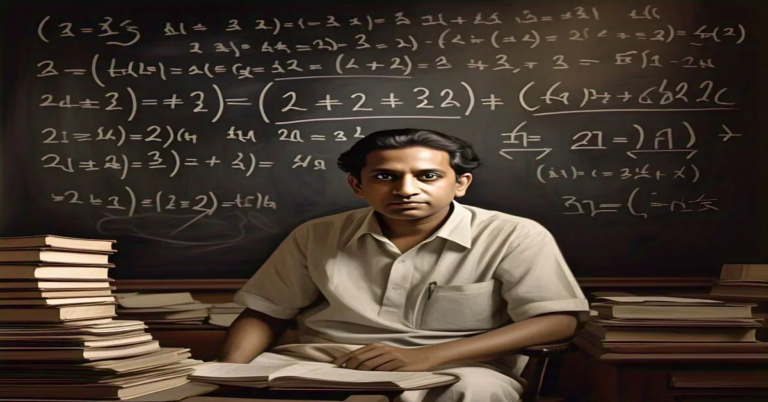
The following year, he did not know that radicals could not solve the quintic. Again he attempted to solve the quintic but failed. At Town High School, Ramanujan found a mathematics book by G. S. Carr. After that he discovered that the author called the book Synopsis of Elementary Results in Pure Mathematics.
This book, with its very concise style, enabled Ramanujan to teach himself mathematics. Here the style of the book had an unfortunate effect on the way Ramanujan later wrote mathematics. Provokly it provided him with the only model for mathematical arguments. Abroughtly the book contains theorems, formulas, and short proofs.
Srinivas Ramanuja pure mathematics
It also contains an index to papers on pure mathematics. So European journals published these papers of learned societies in the first half of the 19th century. In this published in 1886, Ramanujan used that old book. By 1904 Ramanujan had begun to do more in-depth research.
Then he calculated the series Parisho and Euler’s constant to 15 decimal places. Completely he began to study Bernoulli numbers. Although this was entirely his independent discovery.
Working as lecture
So he soon found himself in trouble, and without telling his parents. Then he fled to the town of Visakhapatnam, 650 km north of Madras. However, he continued his mathematical work.
During this time he worked on hypergeometric series and investigated the relationships between integrals and series. In 1906, he later discovered that he was studying elliptic functions.
Then he attended lectures at Pachaiyappa College. But he fell ill after three months of study. After leaving the course, he wrote the First Arts Examination. He passed mathematics. But he failed all his other subjects and therefore failed the examination.
Continue Research
This meant that he was unable to enter the University of Madras. In the following years he worked on mathematics. Then he was developing his ideas without any help.
So with no real idea, then-current research topics beyond what Carr’s book provided. Continuing his mathematical work.Along Ramanujan studied continued fractions and differentiable series in 1908.
Married Life
Then he again fell seriously ill and underwent an operation in April 1909. After he took some time to recover. Then he married on 14 July 1909. His mother arranged for him to marry a ten-year-old girl, S. Janaki Ammal.
However, Ramanujan did not live with his wife until he was twelve. Ramanujan continued to develop his mathematical ideas. So he began to tackle problems and solve them in the Journal of the Indian Mathematical Society
Modular Formula
In 1910 he developed the relations between elliptic modular equations. In that he gained recognition for his work. After publishing a brilliant paper on Bernoulli numbers in the Journal of the Indian Mathematical Society in 1911.
Despite not having a university education, he became a well-known mathematical genius in Madras. In 1911, Ramanujan approached the founder.
Employeement
For own purpose he approached the Indian Mathematical Society for employment advice. Then he got his first job after this, temporary post in the Accountant General’s Office, Madras.
Someone advised him to contact Ramachandra Rao, the Collector of Nellore. Member of Indian Mathematical Society founder Rama Chandra Rao.He helped to start the Mathematical Library.
Great Mathematician
He used to live on mathematics, even though he used scrap paper with better care. Seeing his talent in mathematics, the University of Madras granted him a fellowship of 75 rupees per month, even though he did not get a degree.
In 1913, the famous mathematician Dr. Walker, who came to the Madras Port Trust, was amazed by Ramanujan’s research and sent 120 research theorems discovered by Ramanujan to the famous Cambridge professor of that time, Godfrey Hardy (1877–1947).
G.H. saw the results that a high-level mathematician could write. Even in such difficult circumstances, he submitted 32 research papers. His fans were shocked to see the plump, slightly dark-skinned Ramanujan returning from England with a debilitating illness.
Secret number -1729
Despite various medical facilities, he could not recover. (1729 = 1^3 + 12^3 = 9^3 + 10^3). This incident is a testament to his unwavering love and dedication to mathematics.
The number 1729 is known as Ramanujan’s number. Even when he was seriously ill, he surprised Hardy by telling him about the special number 1729.
When Ramanujan was ill in the hospital, Hardy went to see him and, in the middle of the conversation, asked him if the car number he had come in was 1729 and if there was anything special about it.
Ramanujan, without hesitation, said that the number was important because it was the smallest number in the set of numbers that could be written as the sum of two cubes in two ways.
(1729 = 1^3 + 12^3 = 9^3 + 10^3). This incident is a testament to his unwavering love and dedication to mathematics.
Awards
On February 28, 1918, Ramanujan became the second Indian to be honored as a Fellow of the Royal Society and the first Indian to be honored as a Fellow of Trinity College in October 1918.
In his later years, Ramanujan’s research on the ‘magic square,’ ‘number theory of pure mathematics,’ and ‘mock theta functions’ became famous.
Death
He returned to India in March 1919 due to deteriorating health. His fans were shocked to see the plump, slightly dark-skinned Ramanujan returning from England with a debilitating illness.
Despite various medical facilities, he could not recover. He died on 26 April 1926, at the age of 33. Ramanujan was comparable to the natural mathematicians of his time, such as Leonard Euler, Gauss, Jacobi, etc.
Ramanujan Honoured with National day
Based on these, modern discoveries such as swing theory and cancer research are still ongoing. Research on Ramanujan’s notebooks and mathematical theories is still being conducted at the Ramanujan Institute and the University of Illinois in the United States.
In recognition of his contributions to mathematics, the Government of India has declared his birthday as ‘National Mathematics Day.’.
